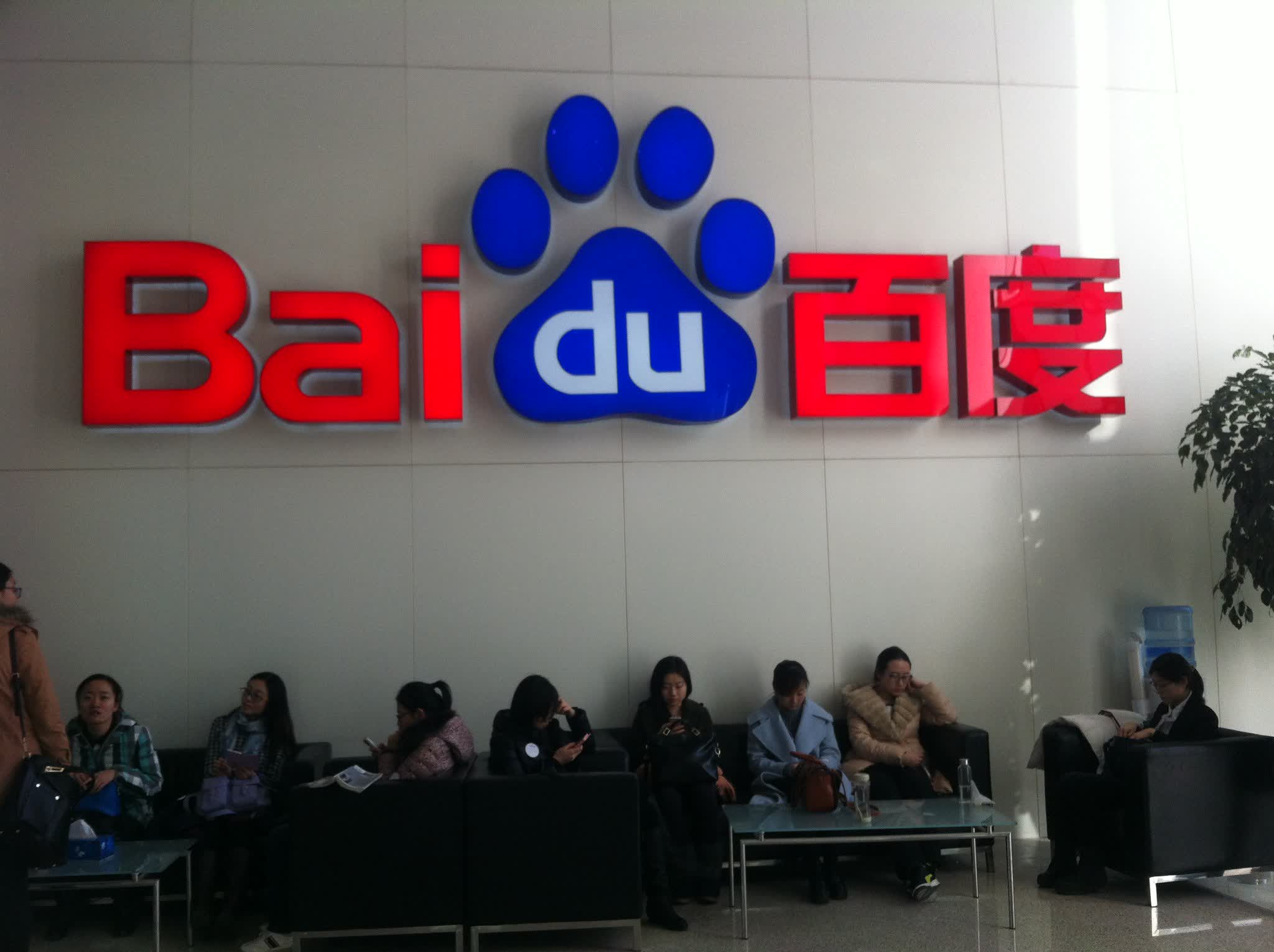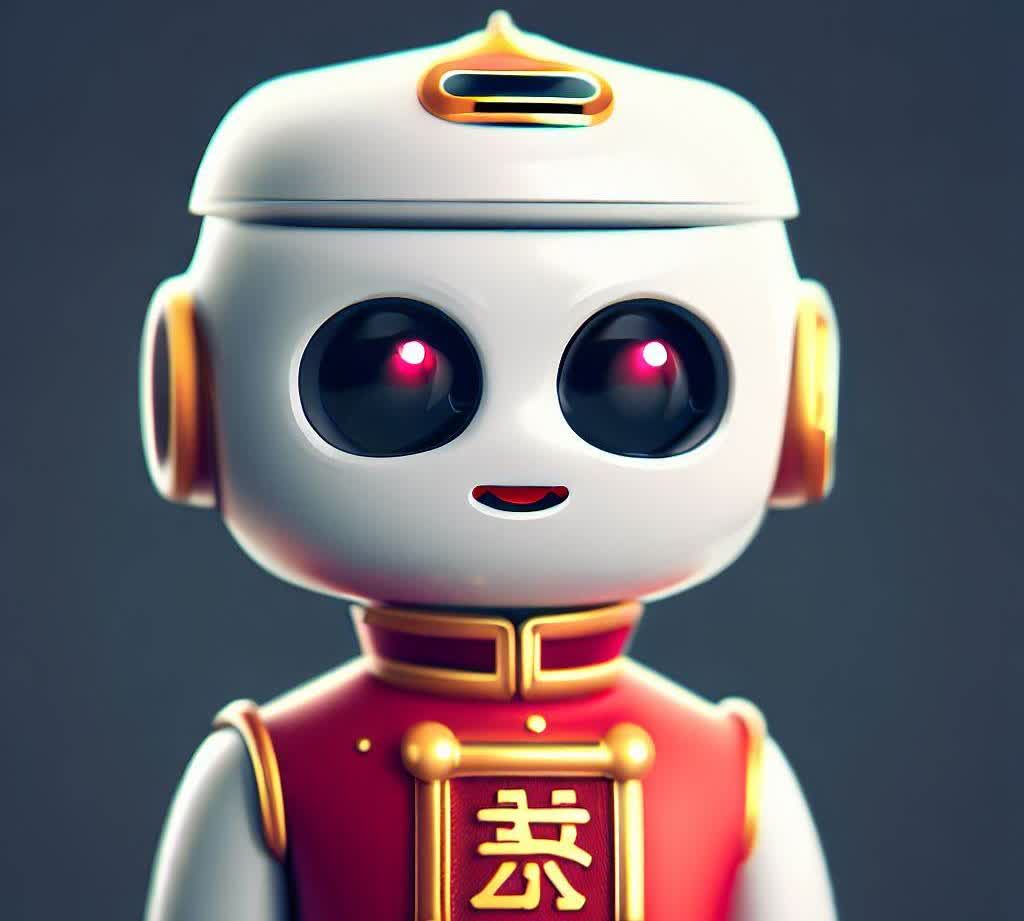In a nutshell: Like the rest of the world, China is rushing to implement regulations for generative artificial intelligence tools like ChatGPT. Unlike other countries, however, the East Asian nation's watchdog wants its AIs to "reflect the core values of socialism, and must not contain subversion of state power, overthrow of the socialist system, incitement to split the country."
Yesterday, the Cyberspace Administration of China (CAC), the country's internet watchdog, published the Administrative Measures for Generative Artificial Intelligence Services, a document containing the draft rules for what content AIs can generate.
In addition to ensuring their products uphold Chinese socialist values, businesses that provide generative AI services must prevent them from outputting discriminatory content, false information, and content that harms personal privacy or intellectual property, writes the South China Morning Post.
Additionally, violence, obscene and pornographic information, promotion of terrorism, extremism, and ethnic hatred is also prohibited.
All generative AI products should also pass a security assessment by the CAC before being released to the public, meeting a requirement for all online information services that have the ability to influence public opinion, writes the watchdog.
Users of these AI services must also provide their real name, and anyone who uses a provider's content for "engaging in network hype, maliciously posting and commenting, creating spam, writing malicious software, and implementing improper commercial marketing" must be suspended or have their access to the service terminated.

In February, it was reported that Chinese search engine giant Baidu said it would complete internal testing on its generative AI, called Ernie, in March, but the reveal was underwhelming. Local companies Alibaba Group Holding and AI firm SenseTime are also launching generative AIs similar to ChatGPT.
The Reg notes that while ChatGPT isn't blocked in China, users need to sign up with a phone number. Numbers from China aren't accepted, though, making it difficult for locals to gain access.
Following China leader Xi Jinping's meeting with Russian President Vladimir Putin last month, the countries released a joint document listing, among other things, their tech ambitions. One of these was to become global leaders in AI, but China, which has tight restrictions and regulations on crypto, video games, internet use, and more, may struggle to reach such lofty heights.
